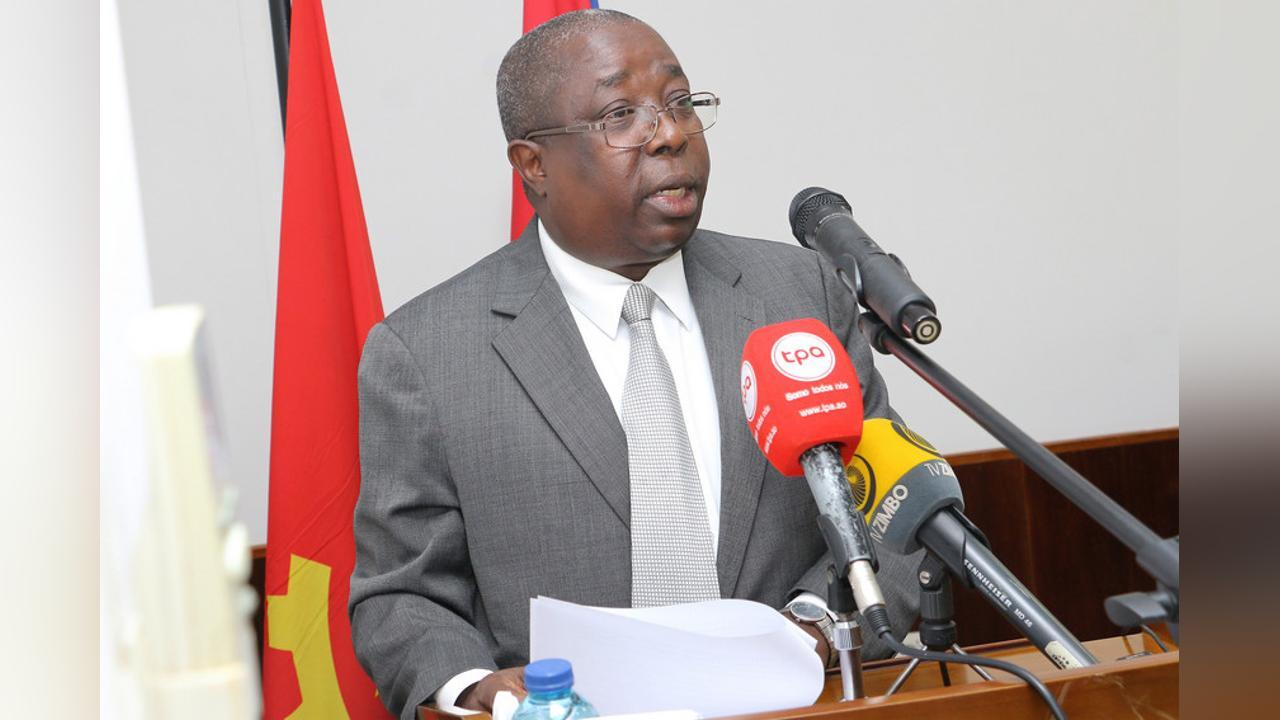Africa-Press – Angola. The Angolan ambassador to the Kingdom of Spain, Alfredo Dombe, this Monday (12th), in Madrid, encouraged Angolan businessmen to further publicize the country’s potential, with a view to attracting Spanish investment.
Regarding the Global Conference on the Impact of Vaccines by Gavi – Vaccine Alliance, taking place in Madrid, from the 13th to the 15th of the current month, the diplomat added that Spain could help to leverage the Angolan economy, through via private investment in different sectors.
Spain is considered the 17th largest economy in the world (in GDP volume – 2021), and recent data (2022) indicate that the country is recording a resumption of GDP growth due to the control of the Covid-19 pandemic.
Its economy is fundamentally based on key sectors, such as industry, finance, services, technology, tourism and agriculture, areas in which Angola has been investing heavily over the last five years and which require more funding.
Available data indicate that, currently, the contribution of agriculture to Spanish GDP is around 2.6 percent, employing 4 percent of the labor force (World Bank, latest data available).
The country regularly produces wheat, beetroot, sugar, barley, tomatoes, olives, citrus fruits, grapes and cork, being one of the largest producers of olive oil in the world and the third in the world in wine production.
It also stands out in the production of oranges and strawberries, according to data from the Ministry of Agriculture.
Data from that institution show that land destined for organic cultivation represents 10.79 percent of total arable land, with 58,485 active operators in the sector (in production or distribution).
The industrial sector accounts for 20.4 percent of GDP and the workforce, with the manufacturing sector being the most important industry, contributing around 12 percent of GDP, according to World Bank data.
The renewable energy sector is also growing at a good pace, according to data from INE, which show that industrial production in Spain grew by around 2.4 percent throughout 2022.
The tertiary sector contributes 67.4 percent and employs 76 percent of the active population.
Tourism, in turn, represents Spain’s biggest source of revenue, being its main source of income (despite its contribution to GDP having fallen from a pre-pandemic level of 12.4 percent in 2019, to 8 percent in 2021 – INE).
According to the ambassador, the Angolan authorities hold regular meetings with Spanish authorities and businessmen, to whom they have presented the country’s potential, in order to attract Spanish investment.
“It is my intention that Angolan businessmen show what the country has to offer in terms of resources to Spaniards, so that services can be exchanged”, he said.
In his opinion, the Luanda-Bengo Angola Economic Zone can attract several Spanish businessmen interested in investing in the country, so it is fundamental that the nationals know how to show the local reality.
As for bilateral cooperation, the diplomat said that the two countries are going through a good moment, after the signing, in Luanda, of several agreements, in the fields of trade, sport and political-diplomatic affairs.
In another area, the ambassador said that the Angolan community in Spain currently has around two thousand citizens, including residents and students, with whom the Embassy of Angola maintains permanent contact and encourages them to contribute to actions aimed at boosting the Angolan economy.
For More News And Analysis About Angola Follow Africa-Press






